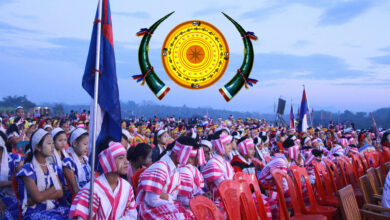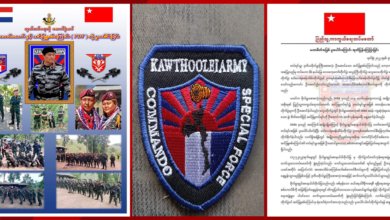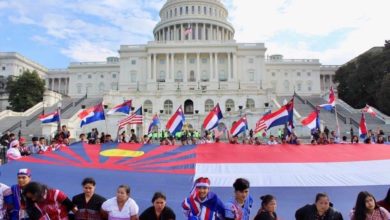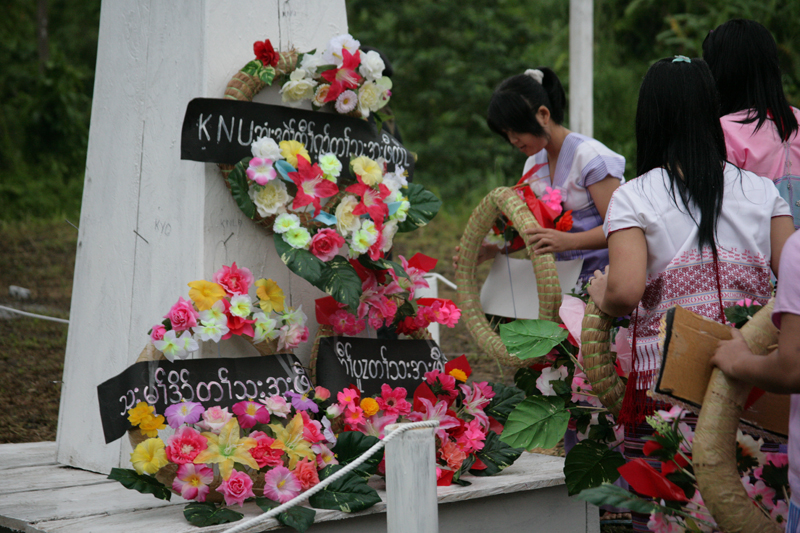Lies, Damned Lies and Statistics
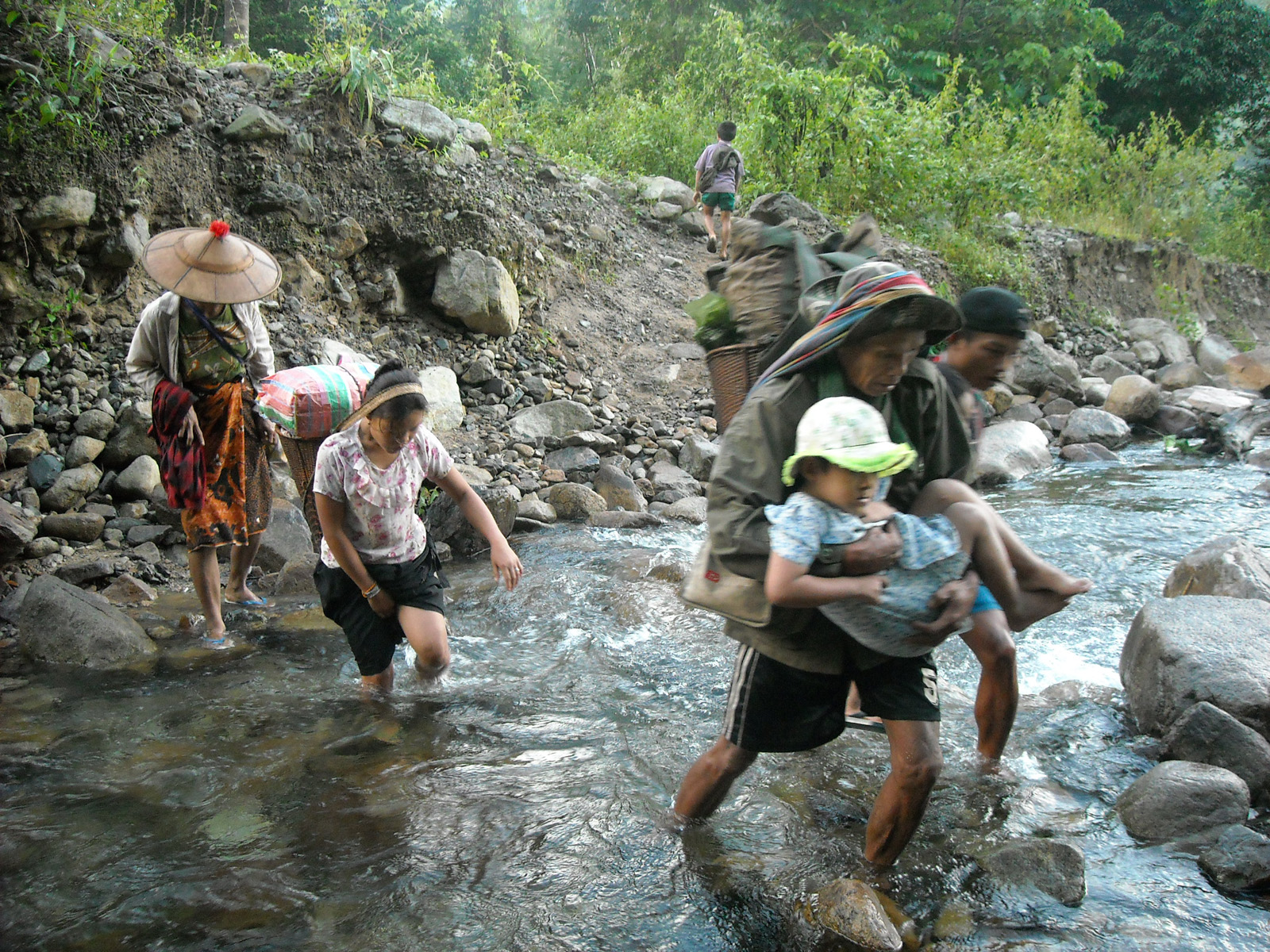
The ethnic people of Burma are having a hard time. Burma Army soldiers are targeting women in the Kachin and Shan State for rape. Villagers are used as forced labour for the Burma Army. Development projects mean forced relocation and slave labour. Half a million ethnic people are displaced in eastern Burma. Village schools have been burnt, health care is non-existent, farmlands are been destroyed and more than two million Burmese people have left to become economic migrants in Thailand. On top of all this, Thailand is now talking about closing the refugee camps and returning 144,000 people to an unsafe future back in Burma – landmines, little work and mass displacement.
It is no coincidence that at a time when the UN’s Special Rapporteur for Burma, Tomas Quintana, is calling for a Commission of Inquiry into crimes against humanity, a number of self-proclaimed ‘Burma experts’ – who are pro-development – are writing shameful reports that at the very least, muddy the water and at their worst, provide a rational to stop aid to refugees and displaced people.
As the Burma Army continues to rape and plunder ethnic people these ‘Burma experts’, academics, certain self-serving international non-government groups are focused on the huge amounts of aid promised for inside Burma at the expense of refugees and displaced people. These groups have little interest in human rights and will support the closure of the camps and a clamp down on ethnic non-ceasefire groups.
These self-proclaimed ‘Burma experts’ regard the ethnic struggle for freedom and self-preservation along with the pro-democracy demands for human rights movement as irrelevant.
They portray development and trade as the only objective, regardless of the deplorable human rights situation in Burma. With their defamatory reports try to persuade the world that the recent Burmese elections ‘were the only game in town’ – and look where that has taken us.
One of the most damaging of the recent reports to refugees is Ashley South, Burma’s Longest War, a so-called anatomy of the Karen struggle. The contents fail to deliver anything positive for the Karen people.
What South does achieve, is to promote and justify closure of the refugee camps and forcible repatriation of refugees back to Burma. On page 4, he denigrates refugees and argues that by donors giving support to the camps they are underwriting the Karen’s ability to wage war. By page 5 he is asking donors to “judge whether the humanitarian imperative of supporting displaced people in and from Burma outweighs the risks of contributing to the political economy of armed conflict.”
On page 30, he hammers and blames aid agencies operating along the border that “are far from ‘neutral’ in their relationship to the military and political situation in Burma. Rather, their interventions empowered one side to the armed conflict. Thousands of personnel of the KNU/KNLA, and/or their families, continue to receive shelter in and supplies from the camps.”
South bills himself ‘as the world’s most knowledgeable expert working on Burma’, a laughable claim. South’s work is dangerous. It provides governments and funding organisations with a rationale to develop policies that could see 10’s of thousands of people returned to a country that is unsafe – widespread landmines and a rampaging Burma Army that commits human rights violations with utter impunity. This is a point South never acknowledges: the Karen resistance continues because the Burma army keeps abusing our people, not because foreigners fund refugee camps. His analysis is deeply insulting to all ethnic people from Burma who have suffered for several decades during the war.
South’s work is academically poor, he builds his arguments from flawed academic papers – papers one, two, three, four and five that he wrote and then cites them as if they are proof of layers of carefully constructed empirical evidence. His report fails to disclose what methodology he used. He uses anonymous sources to build dubious points, including the lie, that the KNU has been sidelined. In his arrogance, South assumes he will be allowed to get away with this fraud, because the Karen people will or are not capable of a response. He’s wrong. Our young Karen people work and study at international universities and are more than capable of dissecting simplistic hatchet jobs masquerading as academic works.
Not only is South’s work dishonest and does a great disservice to Karen people and the pro-democracy movement, he also fails to declare that he hired and paid for Karen National Liberation Army (KNLA) soldiers to be his ‘security’ for his ‘fact-finding’ forays into Karen State. In his past works he brags about his friendship with former Karen leader General Bo Mya. Did he tell Bo Mya to his face that the Karen are only hiding in refugee camps to prolong the conflict? Does he declare that he is a close patron of the Free Burma Rangers relief group, which he never mentions in his critiques of the border because he wants to maintain close relations with some people, while knifing them in the back. If South is so concerned that the camps prolong the conflict, why didn’t he raise the issue during his many years working for the Thailand Burma Border Consortium? Why did he wait until he was being paid more handsomely by the United Nations and living far away in England to change his mind?
South’s academic ethics need close scrutiny, especially by the Australian National University, the United Nations and the other organizations he receives lucrative consultancies from in order to push his partisan lies. He brags about his access inside Burma where he cavorts with groups close to the military government, and then comes to Mae Sot to manipulate the truth. If this is academic ethics then we should avoid all university researchers.
South is surely not the only ‘expert’ to abuse free speech and privileged access in order to speak mistruth to power his own advancement, but he is by far the most destructive to the people he claims to care about.
Naw Htoo Paw is from the Karen National Union’s Foreign Affairs Department
This article first appeared in The Nation newspaper on Monday, 22 August, 2011

